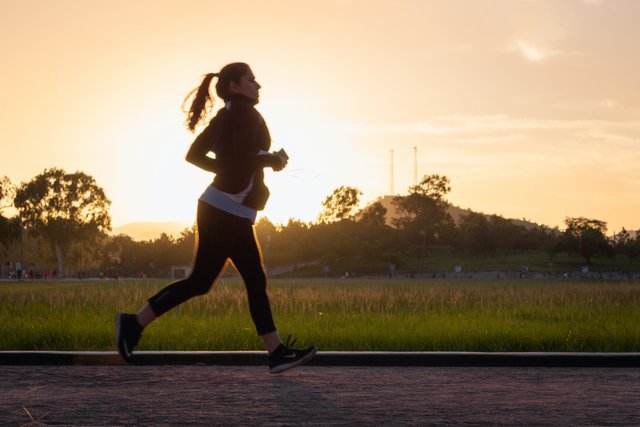Exercise: Your Secret Weapon to a Healthier, Happier Life
Exercise is any bodily activity that enhances or maintains physical fitness and overall health and wellness. It is performed for various reasons, to aid growth and improve strength, prevent aging, develop muscles and the cardiovascular system, hone athletic skills, weight loss or maintenance, improve health and also for enjoyment. Many individuals choose to exercise outdoors where they can congregate in groups, socialize, and enhance well-being.
Benefits of Exercise
Regular exercise has numerous benefits for both physical and mental health. Here are just a few:
Reduces the risk of chronic diseases. Exercise can help reduce the risk of developing chronic diseases such as heart disease, stroke, type 2 diabetes, and some types of cancer.
Helps control weight. Exercise can help you burn calories and lose weight, or maintain a healthy weight.
Improves mood and mental health. Exercise can help reduce stress, anxiety, and depression. It can also improve sleep quality and boost energy levels.
Strengthens bones and muscles. Exercise can help strengthen bones and muscles, which can reduce the risk of injuries and falls.
Improves balance and coordination. Exercise can help improve balance and coordination, which can also reduce the risk of falls.
Increases energy levels. Exercise can help increase energy levels and reduce fatigue.
Boosts the immune system. Exercise can help boost the immune system and fight off infection.
How Much Exercise Do I Need?
The Centers for Disease Control and Prevention (CDC) recommends that adults get at least 150 minutes of moderate-intensity aerobic activity or 75 minutes of vigorous-intensity aerobic activity each week. Children and adolescents should get at least 60 minutes of physical activity each day.
Moderate-intensity aerobic activity is any activity that makes your heart beat faster and your breathing harder, but you can still talk. Vigorous-intensity aerobic activity is any activity that makes your heart beat very fast and your breathing very hard, and you can only say a few words at a time.
Types of Exercise
There are many different types of exercise, so you can find something that you enjoy and that fits into your lifestyle. Some common types of exercise include:
Aerobic activity. Aerobic activity is any activity that gets your heart rate up and your breathing harder. Examples include walking, running, biking, swimming, and dancing.
Strength training. Strength training is any activity that works your muscles. Examples include lifting weights, using resistance bands, and doing bodyweight exercises such as push-ups and sit-ups.
Flexibility exercises. Flexibility exercises help to improve your range of motion. Examples include stretching and yoga.
Getting Started with Exercise
If you're new to exercise, start slowly and gradually increase the amount of time and intensity of your workouts over time. It's also important to listen to your body and rest when you need to.
Here are some tips for getting started with exercise:
Find an activity that you enjoy. This will make it more likely that you'll stick with it.
Set realistic goals. Don't try to do too much too soon.
Start slowly. You can gradually increase the amount of time and intensity of your workouts over time.
Find a workout buddy. Having someone to exercise with can help you stay motivated.
Listen to your body. Rest when you need to and don't push yourself too hard.
Exercise is one of the best things you can do for your health. It has numerous benefits for both physical and mental health. If you're not currently exercising, talk to your doctor about how to get started.
